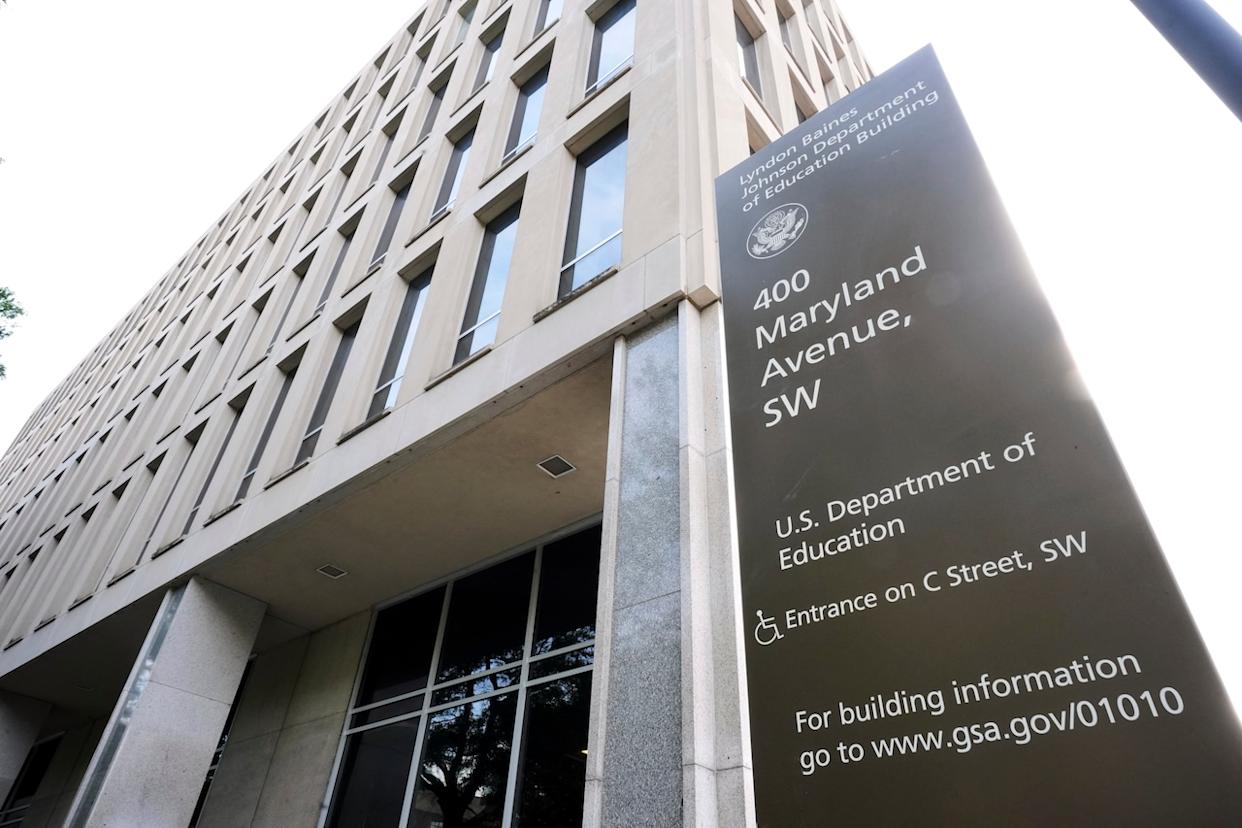Understanding Student Loans: Key Facts, Recent Changes, and How to Protect Your Finances
Navigating the landscape of student loans can be complicated. Many Americans rely on these loans to pay for college, but changing policies and repayment challenges can create confusion. Understanding how student loans work, recent updates to federal collection rules, and ways to protect your finances is more important than ever.

What Are Student Loans?
Student loans are financial aids designed to help students cover the cost of higher education. Most loans are federal, though some are private. Borrowers are responsible for repaying these loans, often with interest, after finishing school. Staying informed about your repayment options and rights can help prevent financial difficulties down the road.
Recent Changes to Student Loan Collections
Federal rules and policies on student loan repayments have shifted. Recently, the federal government reinstated the Treasury Offset Program (TOP), which allows it to withhold money from federal payments—including Social Security—to collect defaulted student loan debt. This change affects many borrowers, especially those who are retired or disabled.
For instance, according to a recent Yahoo News article, Social Security beneficiaries behind on student loan payments may face up to 15% cuts to their benefits starting in June. The Department of Education sent out notices as these collections resume for over 190,000 borrowers. The impact goes beyond just reducing monthly income; it can push older Americans closer to poverty.
How to Avoid Delinquency, Default, and Garnishment
Falling behind on student loan payments can have serious consequences. If you become delinquent, your credit score will suffer. Default can lead to wage garnishment or, as we've seen, seizure of Social Security benefits. But there are steps you can take:
- Stay informed about your loan status.
- Contact your loan servicer as soon as you have trouble making payments.
- Consider federal repayment programs or loan consolidation if eligible.
- If your loan is already in default, take advantage of opportunities to rehabilitate or consolidate your debt.
For more practical tips, check out CNBC’s guide on how to avoid delinquency, default, and garnishment. It's important to act early and understand your options, as some borrowers are unaware they have defaulted or can still get their finances on track.
Protecting Your Financial Future
Staying engaged and proactive is essential for any student loan borrower. Monitor communications from the Department of Education and your servicer. If you receive a notice about garnishment or benefit offset, investigate options to challenge the collection or claim hardship.
The implications of student loan debt reach far into the future—especially with recent government actions impacting retirees and those on fixed incomes. Use educational resources and stay current on policy updates to protect yourself from unwanted surprises.
Conclusion
Student loans can open doors to education but come with important responsibilities. Policy changes and collection practices are affecting millions, so taking the time to understand your options is vital. If you need help, consult reputable resources and act before small problems become larger ones.
For further reading about ongoing policy updates, you can also review this Associated Press article on student loan debt and Social Security.